The Different Uses of Turmeric
For thousands of years, the use of turmeric in the field of alternative medicine has proven to be effective. In fact, because of such high level of effectiveness, it is now commonly used as an ingredient for the dietary supplements in the marketplace with the promise of being able to promote better health. Its many medical applications have made it a popular choice in alternative medicine, especially considering the fact that it is free from toxic ingredients that may deliver adverse side effects. You do not have to worry about taking turmeric as it is proven to be safe and effective.
Used As Food
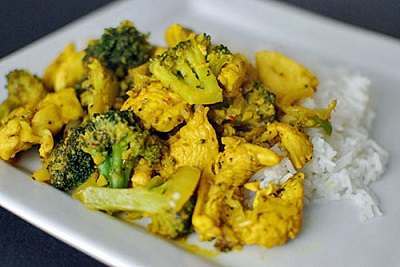 Before people realized the medicinal value of turmeric, it was first used as a flavoring for food, especially in Indian curries. It is the one responsible for the unique color you can see in a curry. This is used to make sweet and savory dishes, all of which are sure to provide your taste buds with a unique treat. It can be mixed basically with just any food, depending on your personal preference.
Before people realized the medicinal value of turmeric, it was first used as a flavoring for food, especially in Indian curries. It is the one responsible for the unique color you can see in a curry. This is used to make sweet and savory dishes, all of which are sure to provide your taste buds with a unique treat. It can be mixed basically with just any food, depending on your personal preference.
Used as Dye
Another traditional application of turmeric is as a dye, specifically in the robes of monks and Indian clothing. It is still popular in spite of the fact that the color fades quite quickly. Aside from being used as a dye for fabric, it is also known for being a good choice for natural food coloring.
Used as Ceremonial Component
In ancient traditions, turmeric plays a significant role as well. It is a major component in a lot of Hindu rites and it is considered to be sacred in India. Monks are using it as a coloring for their robes. The bright color that is produced by turmeric is similar to the yellow sun, which is indicative of the solar plexus chakra. Turmeric plants are also given as holy offerings to ancient Indian gods. When Indian couples get married, they also traditionally wrap turmeric tubers on their wrists, which functions like a wedding ring.
Used as Medicine
Among other things, this is perhaps the most popular application of turmeric to date. It is abundant with a compound known as curcumin, which is basically the one responsible for the wealth of health benefits it can provide. It is believed to be abundant in antioxidant, antibacterial, antiviral, and anti-inflammatory properties, making it do wonders for your general state of health.
In recent studies, a lot have been said about how turmeric can aid in the prevention of the growth of cancer cells, delaying visible signs of aging, prevention of Alzheimer’s disease, treatment of skin problems, enhancing the immune system, improving cardiovascular health, treatment of depression and treatment of arthritis, among others.
To be effective when used as medication, it is important to take the right dosage of turmeric. Generally speaking, the right dose will depend on what is recommended by the manufacturer. To be sure, however, a better idea is to consult with a medical professional first before taking turmeric supplements. While it can be integrated in your diet, it will be hard to enjoy its full range of benefits as its nutritional value will be minimal. To maximize effectiveness, whole extracts should be consumed, which is found in supplements commercially available.

 Subscribe Now
Subscribe Now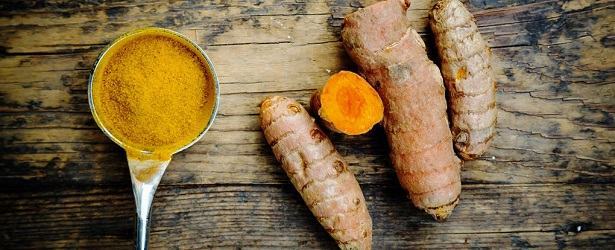
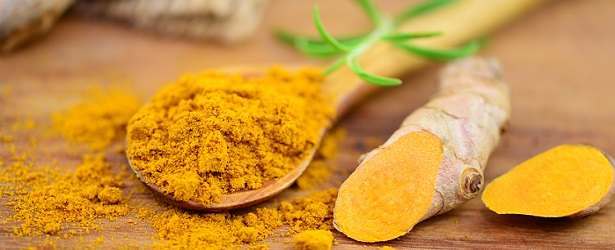
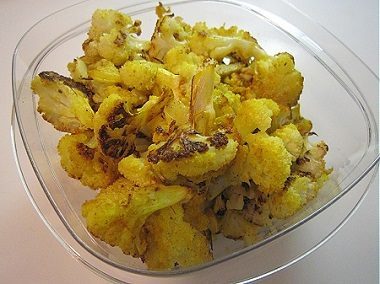 As an antibacterial and antiseptic agent, it can help in the treatment of wounds and burns, allowing you to not suffer from infections.
As an antibacterial and antiseptic agent, it can help in the treatment of wounds and burns, allowing you to not suffer from infections. As it is rich in COX-2 inhibitor, which makes is an effective painkiller, which does not contain toxic ingredients.
As it is rich in COX-2 inhibitor, which makes is an effective painkiller, which does not contain toxic ingredients.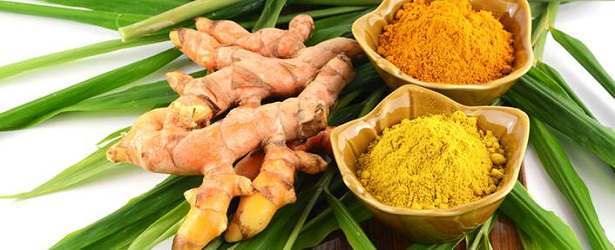
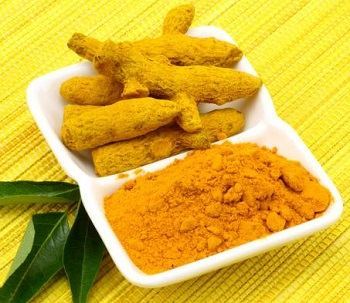 c its color, culinary and medicinal value and strength. It is extracted from the root of the turmeric plant. Though it makes up for only 3% of the total mass of turmeric,yet without it turmeric will not “remain turmeric”.
c its color, culinary and medicinal value and strength. It is extracted from the root of the turmeric plant. Though it makes up for only 3% of the total mass of turmeric,yet without it turmeric will not “remain turmeric”. Combating obesity-this benefit is due to its ability to regulate blood sugar levels. Many cases of obesity are directly associated with diabetes while diabetes as a disease is directly associated with blood sugar levels that are left uncontrolled and unregulated and , which curcumin lends a helping hand in regulating and stabilizing these sugar levels in the blood.
Combating obesity-this benefit is due to its ability to regulate blood sugar levels. Many cases of obesity are directly associated with diabetes while diabetes as a disease is directly associated with blood sugar levels that are left uncontrolled and unregulated and , which curcumin lends a helping hand in regulating and stabilizing these sugar levels in the blood.
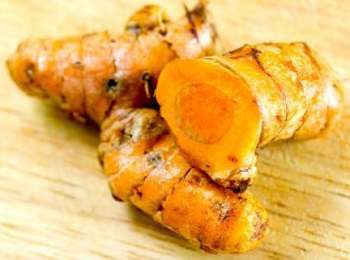 Cancer researchers believe that turmeric and its consumption has a great positive effect on cancer and dementia diseases. Turmeric is a natural anti-inflammatory, it inhibits the growth of new blood vessels in tumours and it’s a powerful
Cancer researchers believe that turmeric and its consumption has a great positive effect on cancer and dementia diseases. Turmeric is a natural anti-inflammatory, it inhibits the growth of new blood vessels in tumours and it’s a powerful  4. Combats inflammatory diseases
4. Combats inflammatory diseases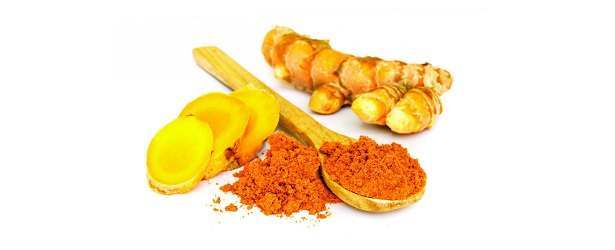
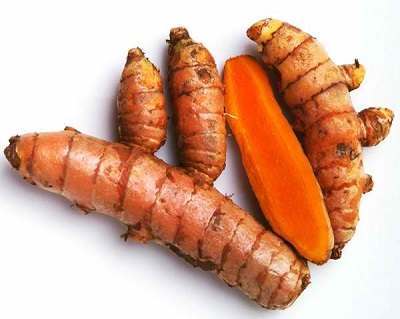 The Turmeric root has a dark brown skin on the exterior and deep orange-yellow flesh internally. Its leaves as well as rhizome features unique flavor and fragrance. Its taste is described as mild peppery to warm and bitter. Its fragrance is sweet and pleasant, slightly reminiscent of a mix of orange-zest, and ginger to which it is related. Once harvested, the root is boiled, dried, and ground to prepare distinctive bright yellow spice powder.
The Turmeric root has a dark brown skin on the exterior and deep orange-yellow flesh internally. Its leaves as well as rhizome features unique flavor and fragrance. Its taste is described as mild peppery to warm and bitter. Its fragrance is sweet and pleasant, slightly reminiscent of a mix of orange-zest, and ginger to which it is related. Once harvested, the root is boiled, dried, and ground to prepare distinctive bright yellow spice powder.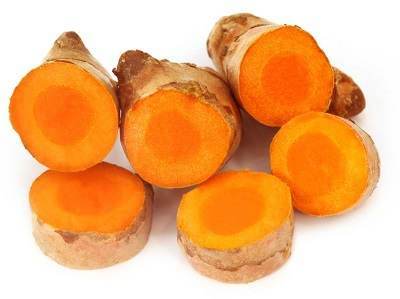 Turmeric contains high amounts of minerals such as calcium, iron, potassium, manganese, copper, zinc, and magnesium. Potassium is an important component of cell and body fluids that helps control heart rate and blood pressure. Manganese is used by the body as a co-factor for the antioxidant enzyme, superoxide dismutase.
Turmeric contains high amounts of minerals such as calcium, iron, potassium, manganese, copper, zinc, and magnesium. Potassium is an important component of cell and body fluids that helps control heart rate and blood pressure. Manganese is used by the body as a co-factor for the antioxidant enzyme, superoxide dismutase.